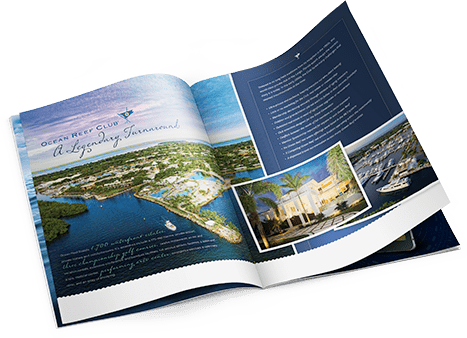COVID is Transforming Homebuyers’ Mindset
Due to the length of the crisis, short-term lifestyle changes have become daily habits with a renewed focus on health and wellness. The country’s real estate sector is responding to these drastic lifestyle changes initiated by the pandemic with long-lasting impact and the trend is likely to stick around well past the COVID-19 era.
Emotional health and physical wellness have become top priorities to families of all ages and lifestyles. To offer buyers what matters most, builders and industry leaders have risen to the occasion. Land planners and architects are more focused than ever on developing projects that are changing the way people live. Place makers are focusing on safe living, health and wellness, immunity, and the desire for open space. Each has contributed to the demand for new living environments that offer uncluttered settings, open spaces, fresh air and organic living.
Millennials, the newest generation of homebuyers, are seeking houses in communities that add value to their everyday lifestyles. If they are able to gain services and/or conveniences that benefit their daily lives, they are more than willing to make the added investment. With this in mind, builders and developers are focused on healthier infrastructure at the same time as implementing healthier lifestyles.
Healthy and Antimicrobial Living
With the importance of personal well-being top of mind, buyers are increasingly looking for solutions within a new home’s features. And in response, developers are incorporating touchless appliances and faucets, self-cleaning toilets and antimicrobial home fixtures, just to name a few. Medical-grade air filtration systems, antimicrobial surfaces and touchless smart technology like voice-activated elevators, room key access, and UV light sanitation for high-traffic areas are also becoming a high priority. Outdoor spaces are also of great importance to buyers now more than ever.
Healthy Food Centric Experiences

Developers are quickly learning that incorporating opportunities to grow, purchase, and consume food within the context of master-planned real estate development projects can be a big win for residents, as well as investors. Creative collaborations between builders and chefs, farmers, universities, private foundations, nonprofit organizations, and public health officials are being established to support the creation of food-centric development projects that may lead to improved health outcomes, reduced pollution, and enhanced financial advantages for developers. According to Urban Land Institute (ULI), this trend, which produces health and sustainability benefits for local communities and supports project success for investors and developers, is increasing across the country.
Developments are accommodating and financially supporting on-site farming, community gardens and greenhouses. These neighborhoods, commonly being referred to as “agrihoods,” are surging in popularity and not just in rural areas. High rise developments are finding ways to incorporate the concept using smaller spaces like rooftop gardens or even curbside gardens. These agrihoods are providing a sense of belonging, social engagement, education, protecting the environment against pesticides and fossil fuels, and conserving green space. For the developers, the long-term amenity provides a marketable product that millennials are literally “eating up”.
Beyond providing access to fresh organic produce to residents, these farm-centric amenities provide unique social programming including specialized farm-to-table dinners, healthy cooking classes, educational workshops with farmers and social gatherings in the outdoors. Agrihood developers are beginning to consider how they can enhance the health of homeowners by including health centers, nutrition concierges, shared office space surrounded by farmland, and farm-based art studios.
Comprehensive Heath and Wellness Services

Laurie Andrews, principal at Cotton & Company a leading marketing firm in the real estate sector explains “Wellness is no longer considered having access to a fitness center or spa. There must be a core design principal that takes into account a variety of health options. Amenities and soft programming should combine to enhance lifestyle experiences, physical longevity, emotional well-being, and social prosperity.”
Forward-thinking communities are offering facilities plus comprehensive programming and employing certified professionals who can maintain an atmosphere where residents can thrive. A staff of specialty professionals can provide services such as physical therapy, fitness modalities from medical fitness to performance training, nutritional counseling, therapeutic spa and skincare services, and health/life coaching professionals dedicated to executing a concierge approach.
Healthcare Amenities
While wellness amenities have been on the rise, actual health care amenities have increased dramatically. Through partnerships with medical concierge practices, luxury condominiums are offering full memberships to nearby medical centers, medical house call privileges, access to telemedicine appointments, on-site pharmacies, and even priority access to surgical services.
The Cotton Solution
An industry leader in the marketing and sales of lifestyle-driven residential real estate, Cotton & Company stays informed and educated on all emerging trends in the real estate marketplace. Our talented team of digital marketing specialists, creative designers, copywriters, and website developers is ready to customize a personalized marketing program utilizing today’s technology and new media channels to drive sales success for builders, investors and real estate developers throughout the globe.
Sign up for the Cotton Compendium to stay updated on news relative to the real estate and private community industries.





